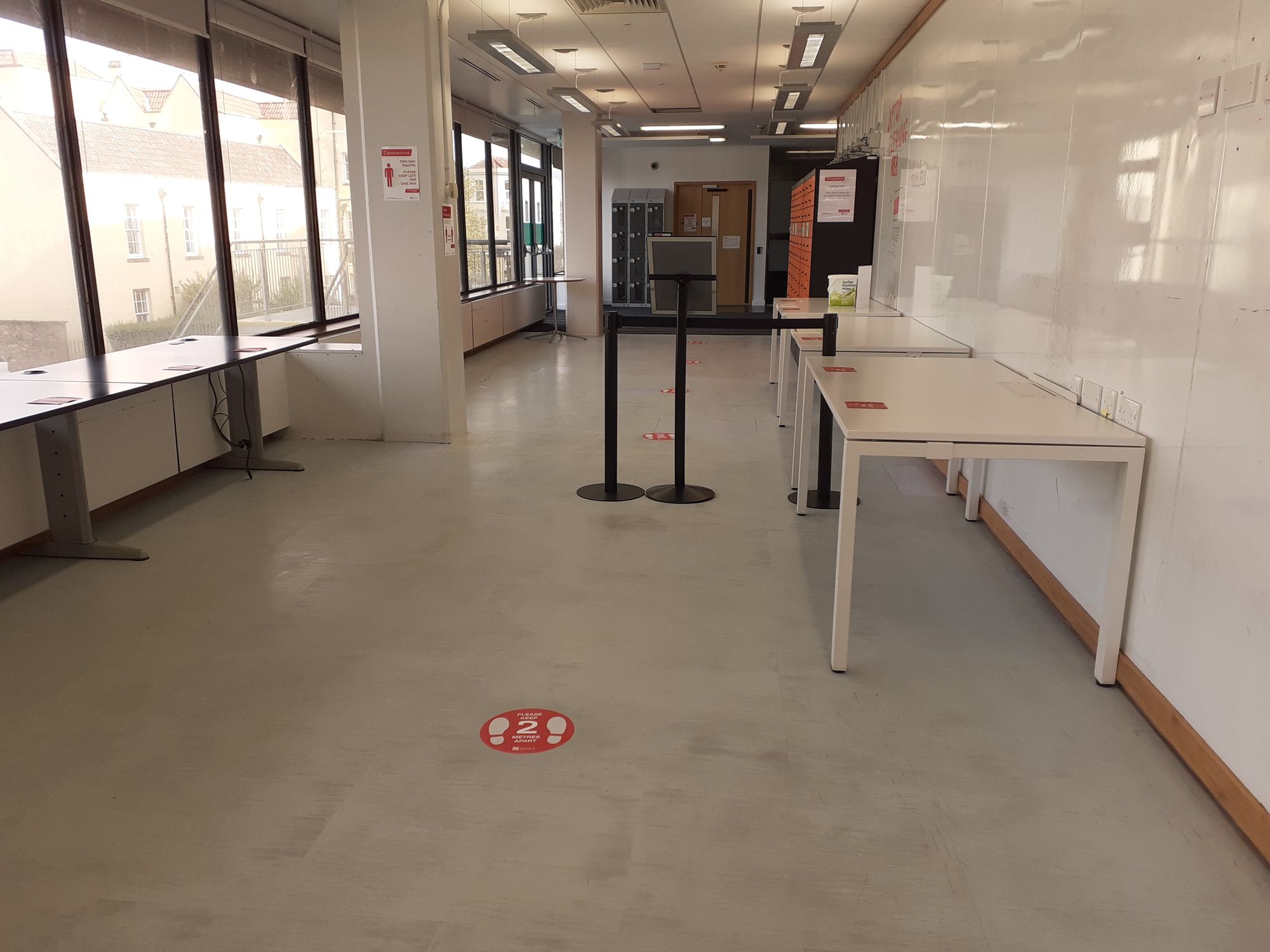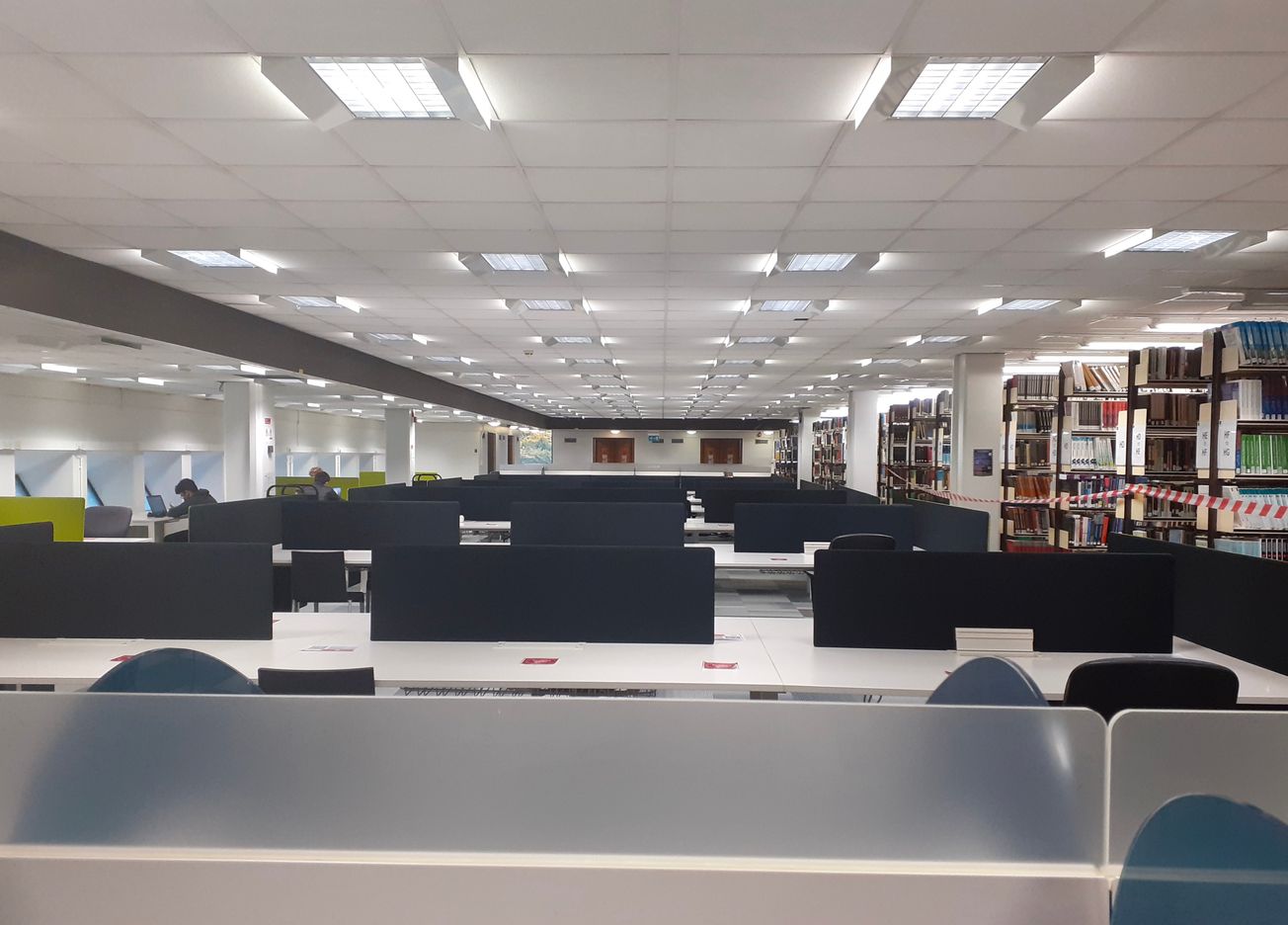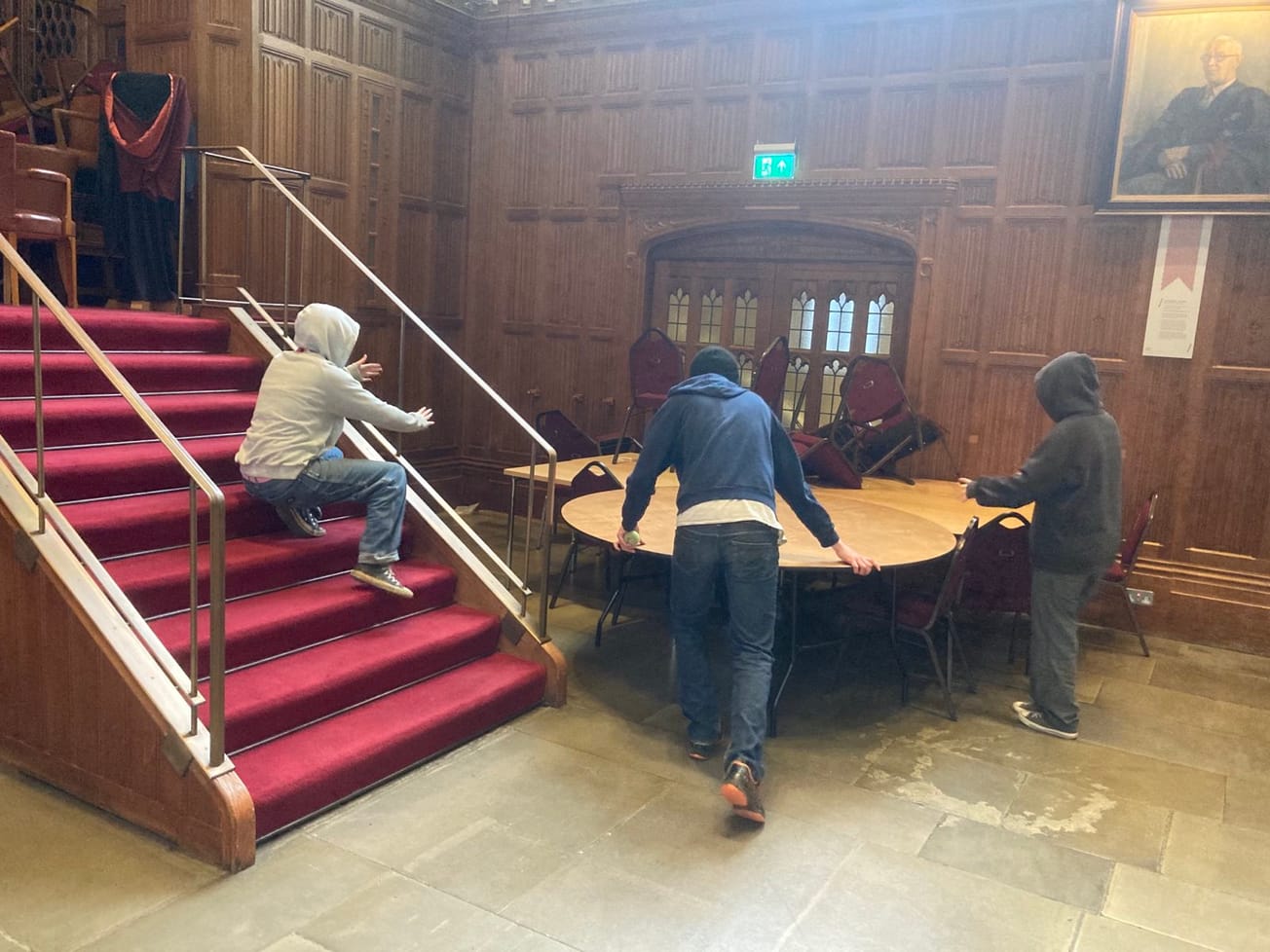By Eve Bentley-Hussey, SU Correspondent, and Molly Pipe, Deputy News Editor
The new eight hour limit will begin as a trial run, and follows criticism from the Students’ Union and academic reps over the initial four-hour cap.
Bristol University today confirmed that it will double students’ weekly study space time to eight hours a week from Monday 2 November. The change will be trialled for a two week period, and may be continued depending on students’ usage.
New study spaces will also be reopened, including in Senate House and the Hawthorns. Unlike other spaces, which require pre-booking, the Hawthorns will function on a first-come-first-served basis.

Non-silent study areas will also become available, to facilitate students who are attending online seminars.
Precautions to stem the spread of COVID-19 will remain in place, including social distancing, NHS Test and Trace check-ins, and the wearing of masks even while at desks.
However, all changes are subject to wider coronavirus restrictions, and may be curtailed should Bristol move into a different tier.
The new policies are partly due to the lobbying efforts of the SU’ s Education Officers Leah Martindale and David Ion, along with academic reps from numerous courses.
Postgraduate Officer Leah Martindale welcomed the news, noting: ‘This is really good timing with exam season fast approaching.’
‘We’re genuinely really grateful to the libraries,’ she said.
Want to book a study seat in the library?
— Bristol Uni Library (@BristolUniLib) October 28, 2020
Watch this short video to find out how! pic.twitter.com/oOfWj1IcXQ
The change has been made in light of a month's worth of data on library use, which have enabled staff to better understand student space attendance under COVID-19 restrictions.
Staff had previously wanted to hold off how adjusting weekly study space limits until November, predicting that it would take a while for attendance rates to settle. However, this Director of Libraries Ed Fay has now noted: ‘The increase of students using the libraries is slower than we might usually expect.’
Martindale said that attendance has been highly variable between students, with some regularly hitting their booking caps and others never using theirs. Similarly, 'there are some spaces that are really oversubscribed, like the Wills library, and some that are not being used at all.'
The four-hour cap and removal of 24-hour opening times had proved difficult for students with disabilities.
Chloe Fussell, a student with hyper-mobility, told Epigram: ‘Over the past 2 years I’ve made use of the 24-hour study spaces like the ASSL and The Hawthorns due to not having a study space at home, and the inability I have to carry books home.’
‘The ASSL has adjustable desks and chairs, which are a great help as I don’t yet have my own. I struggle to sleep because of my joints, so I often use the night-time to work.’
Students to get minimum of two to three hours of in-person teaching a week next term, says University
Bristol students limited to four hours a week in libraries and study centres
Students to get minimum of two to three hours of in-person teaching a week next term, says University
Bristol students limited to four hours a week in libraries and study centres
‘The 4 hour time limit and the limited opening hours in study spaces massively disadvantages students such as myself.’
Ed Fay said disability and equitable access is at the forefront of the library’s planning, and students should use the library support service which will support students with disabilities.
Libraries took the decision to cease 24-hour opening times because of a concern that students might be forced to work late into the night should study spaces book up during daytime hours.
Featured Image: Epigram / Molly Pipe
Are you using the libraries or not at all, given all the restrictions in place?








